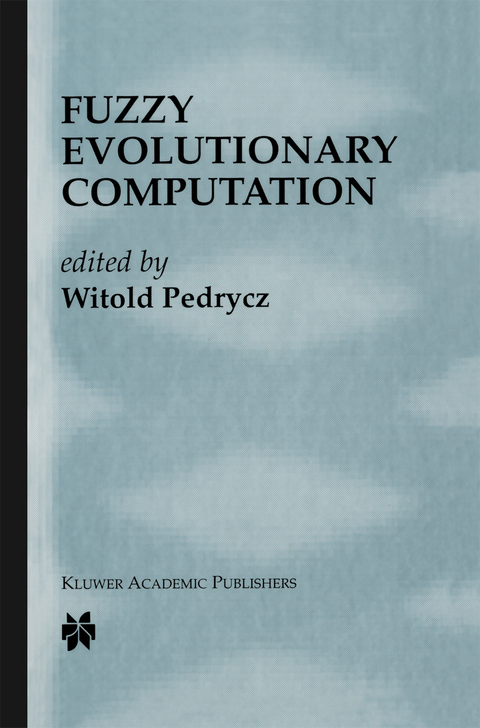
Fuzzy Evolutionary Computation
Springer (Verlag)
978-0-7923-9942-1 (ISBN)
As of today, Evolutionary Computing and Fuzzy Set Computing are two mature, wen -developed, and higbly advanced technologies of information processing. Bach of them has its own clearly defined research agenda, specific goals to be achieved, and a wen setUed algorithmic environment. Concisely speaking, Evolutionary Computing (EC) is aimed at a coherent population -oriented methodology of structural and parametric optimization of a diversity of systems. In addition to this broad spectrum of such optimization applications, this paradigm otTers an important ability to cope with realistic goals and design objectives reflected in the form of relevant fitness functions. The GA search (which is often regarded as a dominant domain among other techniques of EC such as evolutionary strategies, genetic programming or evolutionary programming) delivers a great deal of efficiency helping navigate through large search spaces. The main thrust of fuzzy sets is in representing and managing nonnumeric (linguistic) information. The key notion (whose conceptual as weH as algorithmic importance has started to increase in the recent years) is that of information granularity. It somewhat concurs with the principle of incompatibility coined by L. A. Zadeh. Fuzzy sets form a vehic1e helpful in expressing a granular character of information to be captured. Once quantified via fuzzy sets or fuzzy relations, the domain knowledge could be used efficiently very often reducing a heavy computation burden when analyzing and optimizing complex systems.
1: Fundamentals.- 1.1. Evolutionary Algorithms.- 1.2. On the Combination of Fuzzy Logic and Evolutionary Computation: A Short Review and Bibliography.- 1.13. Fuzzy/Multiobjective Genetic Systems for Intelligent Systems Design Tools and Components.- 2: Methodology and Algorithms.- 2.1. GA Algorithms in Intelligent Robots.- 2.2. Development of If-Then Rules with the Use of DNA Coding.- 2.3. Genetic-Algorithm-Based Approaches to Classification Problems.- 2.4. Multiobjective Fuzzy Satisficing Methods for 0–1 Knapsack Problems through Genetic Algorithms.- 2.5. Multistage Evolutionary Optimization of Fuzzy Systems - Application to Optimal Fuzzy Control.- 2.6. Evolutionary Learning in Neural Fuzzy Control Systems.- 2.7. Stable Identification and Adaptive Control - A Dynamic Fuzzy Logic System Approach.- 2.8. Evolutionary Based Learning of Fuzzy Controllers.- 2.9. GA-Based Generation of Fuzzy Rules.- 3: Bibliography.- 3.1. An Indexed Bibliography of Genetic Algorithms with Fuzzy Logic.
| Zusatzinfo | XV, 320 p. |
|---|---|
| Verlagsort | Dordrecht |
| Sprache | englisch |
| Maße | 155 x 235 mm |
| Themenwelt | Informatik ► Theorie / Studium ► Künstliche Intelligenz / Robotik |
| Mathematik / Informatik ► Mathematik ► Allgemeines / Lexika | |
| Mathematik / Informatik ► Mathematik ► Angewandte Mathematik | |
| ISBN-10 | 0-7923-9942-0 / 0792399420 |
| ISBN-13 | 978-0-7923-9942-1 / 9780792399421 |
| Zustand | Neuware |
| Haben Sie eine Frage zum Produkt? |
aus dem Bereich


